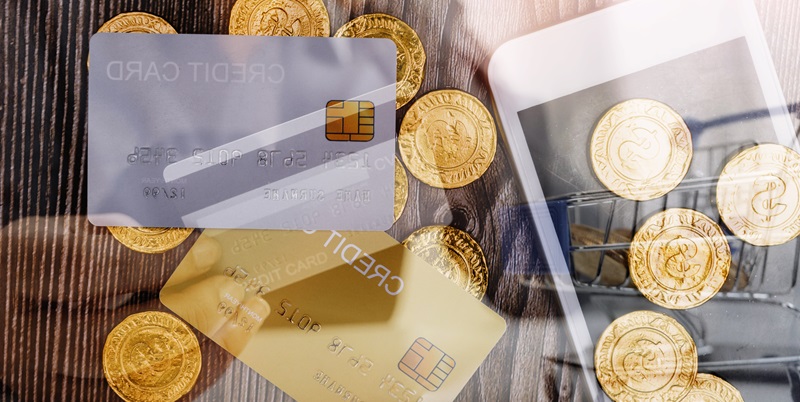Digital wallets are transforming the financial landscape, offering a high level of convenience for transactions, purchases, and money management. They function as the modern equivalent of physical wallets, allowing users to make payments with just a tap or a click. These electronic wallets provide a seamless way to carry out transactions without the need for cash or cards, streamlining the process whether in-store or online. As people globally embrace this technology, navigating through the options to select the right digital wallet becomes vital. A good digital wallet should be secure, user-friendly, and widely accepted. With the market crowded with various providers, it’s important to choose one that aligns with your financial habits and lifestyle preferences. In summary, as digital wallets rise in popularity, understanding and selecting the appropriate one is crucial for a convenient and efficient financial experience.
Setting Up Your Digital Wallet
The journey to a cashless reality begins by selecting and initializing a digital wallet. This is typically as effortless as downloading an application onto your smartphone or visiting the wallet service’s website to establish an account. Once you have chosen the digital wallet that best fits your needs, it’s time to link it to your financial sources. This could be any combination of credit cards, debit cards, or bank accounts. The setup process is designed to be straightforward, ensuring that even those new to digital wallets will find transitioning an uncomplicated experience.
Using Your Digital Wallet
Using a digital wallet for financial transfers mirrors the ease and speed of sending an email. Once you’ve accessed your wallet app, processing a payment is straightforward – initiate a transaction by scanning a QR code or entering the recipient’s details. The specified funds are then promptly dispatched to the receiver, negating the need for physical currency. This streamlined process is not confined to remote transactions but also simplifies face-to-face payments. To pay in person, simply unlock your smartphone, verify the transaction typically through a passcode or biometric authentication, and bring your device close to a card reader. Near-field communication (NFC) technology takes over, enabling a secure exchange of payment information. This novel approach to handling money cuts down the time and effort conventionally associated with financial transactions, bridging gaps in convenience and elevating the user experience to unprecedented heights.
Choosing the Right Digital Wallet for You
Choosing the right digital wallet requires considering user-friendliness, security, and compatibility with your transaction needs. iPhone enthusiasts may prefer Apple Pay for its seamless integration, while Google Pay could be the go-to for Android users. Social spenders might like Venmo for its communal bill-splitting features, while PayPal’s widespread acceptance makes it a versatile choice for various online transactions. It’s essential to reflect on your spending behaviors to find the wallet that resonates with your lifestyle.
Digital wallets offer incredible convenience, expanding our financial capabilities beyond the traditional. By fully understanding their workings and gauging which one complements your habits, you can make the most of what these wallets have to offer. They’re not merely a passing fad but are quickly becoming the mainstay for managing finances on the go, marking a shift towards a wallet-less future.

